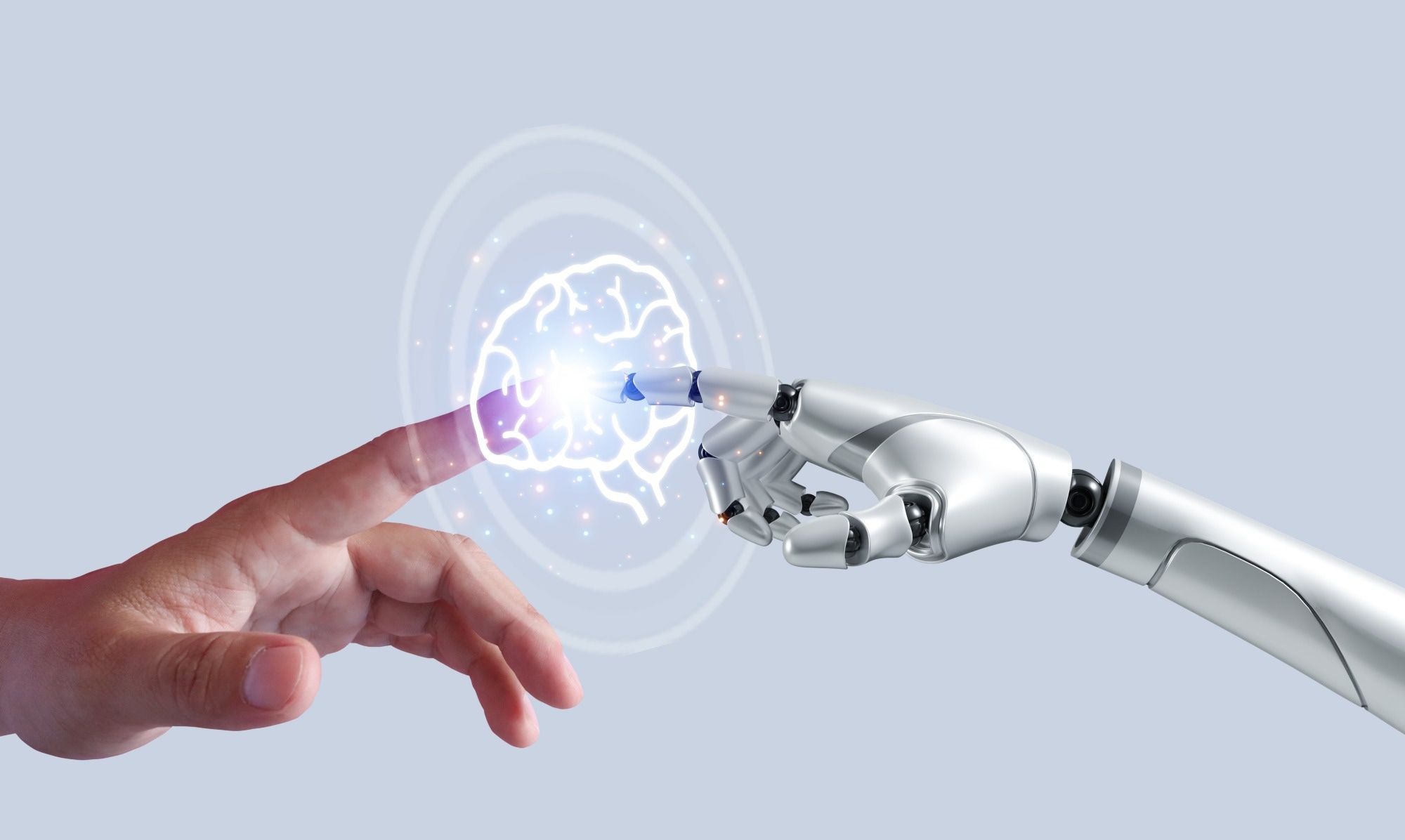In an article published in the journal Humanities & Social Sciences Communications, researchers from the University of Ostrava, Czech Republic, discussed the social impacts and challenges of using artificial intelligence (AI) and ensuring its compatibility with democratic values and social justice. They emphasized the need to create appropriate regulations and ethical guidelines for using AI to achieve a society that benefits from technological progress.
 Study: Societal Impacts of AI: Toward Ethical Governance and Social Justice. Image credit: Gohang/Shutterstock
Study: Societal Impacts of AI: Toward Ethical Governance and Social Justice. Image credit: Gohang/Shutterstock
Background
AI also referred to as machine intelligence, is a rapidly evolving technology that simulates human cognitive functions in computers and machines. This advancing field aims to equip machines with human-like thinking, learning, and problem-solving capabilities, utilizing technologies such as machine learning, deep learning, and natural language processing to enhance machine intelligence.
While AI can potentially revolutionize various aspects of society, including industry, economy, politics, culture, and education, it also presents significant ethical and political challenges. These challenges involve privacy, security, autonomy, and dignity concerns for individuals and groups. Additionally, AI systems can perpetuate existing social biases and inequalities, resulting in unfair and discriminatory outcomes. Therefore, it is crucial to examine the social impacts of AI critically and reflectively, considering its historical, cultural, and ideological context of development and implementation.
About the Research
In the present paper, the authors presented a thorough overview of the societal consequences arising from using AI, setting the stage for ongoing discussions and research in this vital domain. The study delved into discussions on aligning AI technological progress with democratic principles and social justice. It highlighted the significance of adopting an interdisciplinary approach to study these societal impacts and advocated for cooperation among technical specialists, ethicists, legal experts, and social scientists. Furthermore, the research highlighted the need to implement suitable regulations and ethical standards for AI deployment, aiming to create a society that uses the benefits of technological advancement while protecting individual rights and ensuring justice.
The researchers employed several scientific techniques, including policy and ethics analysis and a comprehensive literature review. The results were synthesized from various academic sources to ensure the incorporation of the most recent advancements and viewpoints in the field. Moreover, a comprehensive legal and policy analysis was integrated to evaluate the regulatory frameworks for using AI. Ethical and legal implications were examined to formulate the regulations aligned with social justice and democratic values.
Adopting a methodological approach based on the philosophy of information, the critical theory of technology (CTT), and sociology, the authors analyzed the social influences of technological advancement. The philosophy of information examined the nature and transformation of knowledge in the digital age, highlighting the challenges and opportunities of data-driven systems. Sociology explores the social structures and interactions affected by technology and the social norms and values associated with it. The study combined these perspectives to reveal the hidden mechanisms about the commodification and datafication of digital data while also considering the complex and multifactorial nature of the social impacts of AI. Furthermore, the paper explored the interaction between culture, tradition, social identity, and technology, including the economic effects of the technological revolution.
Research Findings
The study highlighted that using AI has various political and social effects, affecting both human interactions and online platforms. It also shifted societal contradictions from physical to digital spaces. These effects involved changes in political power, which could strengthen or weaken the positions of governments, businesses, civil society, and individuals due to shifts in political culture. Additionally, digital technology changed social dynamics and structures by altering how people interacted with society. Social values also changed as digital technologies shaped people's perceptions of the world.
Furthermore, the researchers discovered that these changes could lead to social and political conflicts. These tensions included conflicts between data collection and democratic values, where digital technologies might compromise individuals' privacy and freedom. Additionally, there were disparities between market economy principles and data sharing, where gathering information about people could lead to cognitive biases and discrimination.
The authors suggested that the research can be applied to various domains of society, such as education, health, security, and culture, where AI can have positive or negative effects. They proposed that the application of AI should be guided by ethical principles and democratic values, ensuring the respect and protection of human dignity, autonomy, and rights.
Moreover, they recommended that the application of AI should be transparent, accountable, and participatory, involving the input and feedback of various stakeholders, such as users, developers, regulators, and civil society. Furthermore, they argued that the application of AI should be oriented towards the common good, enhancing social welfare and justice, and addressing global challenges, such as poverty, inequality, and climate change.
Conclusion
The research summarized that the rapid advancement of technology, especially AI and big data, presents both opportunities and challenges for society. How society navigates these changes will depend on its ability to strike a balance between harnessing the potential benefits and addressing ethical, regulatory, and educational considerations.
The researchers suggested directions for further work concerning the social impacts of AI, particularly focusing on diverse social groups, including women, minorities, and individuals from economically weaker areas. Additionally, they recommended developing a thoughtful and insightful discussion regarding the use of AI in society, promoting dialogue among various perspectives and interests.